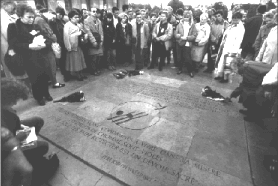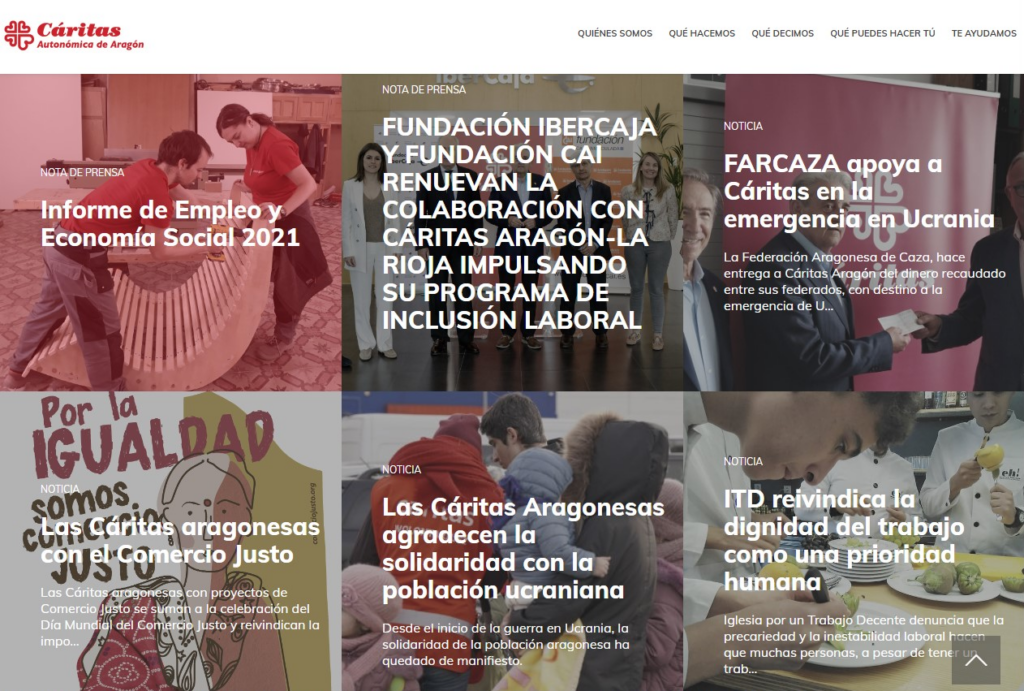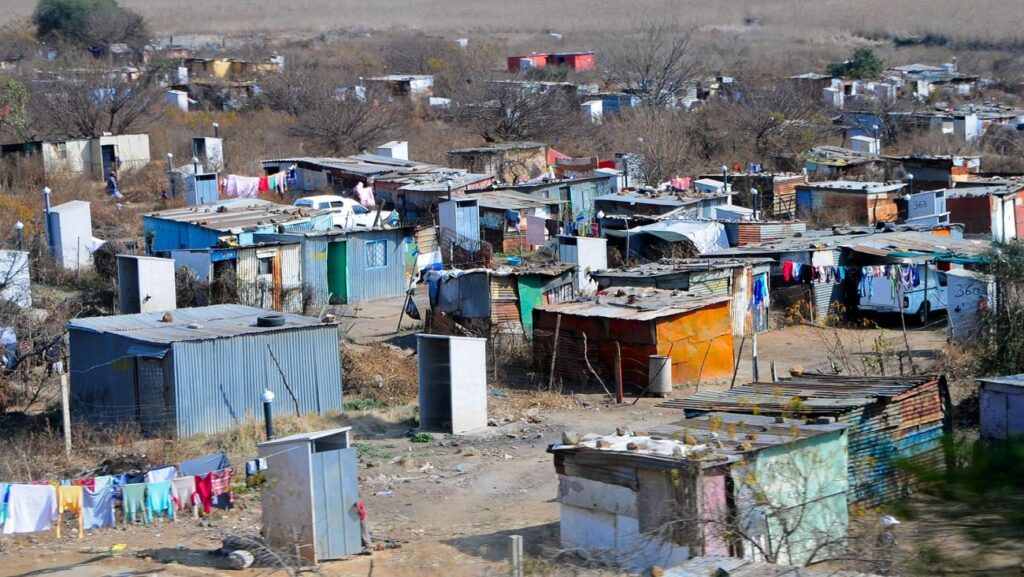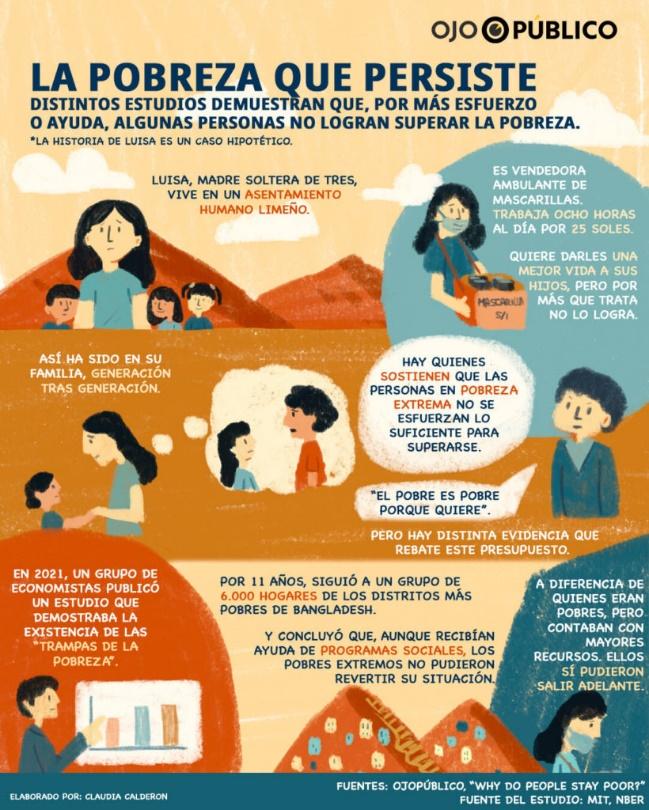Esta entrada también está disponible en: Aragonés Català Español Français English
BLESSED CAULIFLOWER
My mother gets on my nerves with the subject of food. Does it happen to you too? She starts: “You haven’t eaten anything”. If one day I’m really hungry and I eat more than usual, she says: “Isn’t that a lot of food? Oh, my God. What a pain in the ass. She’s never happy. She watches what I eat so much that sometimes I’d like to teach her how to play Play Play so she’d get distracted and leave me alone. Then I think she’d come at me all the time with some question about how to do this or that and I realise that’s not a good idea either.
Then there’s insisting that I have to eat what I don’t like. I don’t like cauliflower. That’s it. I think it’s disgusting. The colour is ugly, it tastes bad, it doesn’t smell good, seriously, is mankind sure that nature created cauliflower for us to eat? Has anyone checked that?
I was on my way to the park yesterday, wondering who they would have sent to check whether cauliflower was really made to be eaten or not, when I saw a classmate in a building I had never noticed before. He was queuing up and I went over to greet him. I was very surprised because I got the impression that he was pretending he hadn’t seen me. He turned all red and hurried into the building.
When I got to the park, where I was meeting other friends, I asked them what it was. -The food bank,” they said. And I realised that my friend had gone there with his family to get food and didn’t like me to see it.
It occurred to me that, if he wanted, I could give him the cauliflower I get, couldn’t I? I’m sure we could give him more. I’m not much of a tomato person, we could give him that too.
Well, I think we can share everything. Any food, whatever he likes best. If necessary, I’ll even share the crisps and, of course, I’ll let him have my Play and my books whenever he wants them. After all, he always helps me with maths.
You know what? I suddenly feel very lucky to have Play, books, chips and even cauliflower to play with and I would love to know what to do with the things I can share with others who belong to a family that has less money than mine.
I will read on to find out if there are more people like my friend in Aragon and what I can do to help them.
Description
On 17 October 1987, more than a hundred thousand people gathered on the Place des Libertés et des Droits de l’Homme at the Trocadero (Paris) to pay homage to the victims of hunger, ignorance and violence, with a very clear message: the existence of poverty is an attack on human rights.
A plaque commemorating the commitment to the fight against poverty was left from that meeting, which has been replicated in many parts of the world, and around which, since then and on that date, people from all walks of life and beliefs have been gathering.

One such plaque stands in the garden of the United Nations headquarters in New York. In its resolution 47/196, the UN General Assembly invited member states and other organisations to devote 17 October to promoting concrete activities that make visible the reality of poverty and the fight against it.
Further information
On the United Nations website, International Day for the Eradication of Poverty, 17 October.

Oxfam reports on poverty].
The values raised in this proposal apply to the remembrance raised in other reminders, such as: World Hunger Day (28 May), World Food Day (16 October). It also relates to International Migrants Day (18 December).
In Aragon…
We talk about rich and poor countries, First and Third World, developed and underdeveloped countries (which, as a euphemism, are sometimes called “developing countries”). Poverty is a global phenomenon: among the 17 Sustainable Development Goals of the UN’s 2030 Agenda, Goal 1 is “End Poverty” (Goal 2 is “Zero Hunger”).
These images of large African or Latin American cities with huge slums and shantytowns, with the cruel reality they reflect, should not make us forget that “at home” there is also a lot of poverty.
Poverty is a daily occurrence, painfully present in our environment, despite the fact that in theory we are part of the privileged first world. In recent years it has been exacerbated by the Covid-19 pandemic and the war in Ukraine. The economic consequences of these events are evident, and the most vulnerable groups in society, dependent people, workers in the most precarious jobs or in sectors most affected by the crisis, etc., are at risk of falling below the poverty line.

It is interesting to learn about initiatives that raise awareness among citizens and their willingness to contribute to alleviating the problem. For example, the Saragossa Food Bank Foundation. These and other initiatives, undertaken as a matter of urgency, should be complementary to other more structural actions by public authorities, social agents, etc.
Some reflections
Poverty is a phenomenon with many nuances.
Both globally and locally, poverty is the child of inequality and the unfair distribution of goods. In a world like ours, with a very high level of economic and technological development, with abundant resources… it is unacceptable that millions of people live without what is necessary to live with dignity.
Poverty is not a problem of lack of income. People living in poverty experience interrelated and mutually reinforcing conditions that perpetuate their disadvantage: poor working conditions / insecure and inefficient housing / food deprivation / inadequate access to education, health and justice…

Visit the United Nations website on the 2030 Agenda for Sustainable Development. Among the 17 Sustainable Development Goals, Goal 1 is “End Poverty” (end poverty in all its forms around the world). Goal 2 is Zero Hunger.
A detail
Some argue that those who are poor are poor because they have not made an effort to stop being poor (to study more, to look for opportunities, to be “entrepreneurial”, etc.). Personal effort is sold (generally by the successful) as the infallible path to success, forgetting that “being competitive” implies leaving behind others who may also be making an effort.
It is good to value and promote work, effort and willpower, but not to dump it all on the wonders of meritocracy. It may be interesting to read this article on “the myth of effort and the traps of poverty” (Spanish).

Precisely what the reality of recent times has taught us (and continues to teach us) is that insecurity is lurking: that a solid position based on many years of effort and work can collapse. That poverty is everyone’s business, that poverty is not just begging, that there is working poverty, that there is energy poverty, that there is invisible poverty. The current reality tells us that, in general terms and in the face of skyrocketing prices, most of us are poorer because we have less purchasing power than we did a year ago. Without this overshadowing the much starker realities… it should give us pause for thought.
Suggestions for teachers
Despite having been filmed more than sixty years ago, Luis García Berlanga’s film Plácido (1961) evokes current issues.
In case it is not feasible to watch it in its entirety, we show here two fragments:
It would be interesting to have a brief exchange of opinions about what is said in these fragments.
In addition, the information provided in this chapter may lead to:
- Simple essays related to the conclusions of reports (such as that of Caritas Aragon) or to the treatment of the fight against poverty in the UN Agenda 2030 website.
- Debate on articles such as the one cited: “The myth of effort and the traps of poverty” Surely, and legitimately so, there may be divergent opinions about some of the ideas it conveys. Without leaving aside issues that may generate controversy… there are a multitude of reports and articles that are impossible to detail here on increasing inequalities (“the rich are getting richer… the poor are getting poorer”, with percentages such as “the richest 1% own so much more than the poorest 50%”), news about billionaire football players’ cheque books, etc.
- To propose the search for information and documentation on ideas and concepts such as “welfare state”, “minimum living income”, “energy poverty”, “hunger queues” and others that may arise.
The reality of each classroom, the socio-economic environment in which each school is located… have a lot of weight when deciding on activities. Without doubting the good judgement of each teacher, it is recommended to show empathy and sensitivity when faced with situations of precariousness that the pupils themselves may experience at home. A subject as sensitive as this, insofar as it is so present in our environment, requires that we move away from apocalyptic visions (“where is this world going”) and trivialising (observing poverty as something that, in general, does not concern us at all, because in most cases we have our needs covered), and stress that an important part of the solution to the problem of poverty lies (among many other things) in quality public services, in an education within everyone’s reach.
Objectives that this proposal helps to achieve
ESO:
- To responsibly assume their duties, to know and exercise their rights in respect for others, to practice tolerance, cooperation and solidarity among individuals and groups, to exercise in dialogue, strengthening human rights and equal treatment and opportunities between women and men, as common values of a plural society, and to prepare for the exercise of democratic citizenship.
- To value and respect the difference between the sexes and the equality of rights and opportunities between them. Reject discrimination against people on grounds of sex or any other personal or social condition or circumstance. Reject stereotypes that discriminate between men and women, as well as any manifestation of violence against women.
Baccalaureate:
- To exercise democratic citizenship, from a global perspective, and acquire a responsible civic conscience, inspired by the values of the Spanish Constitution, as well as by human rights, which fosters co-responsibility in the construction of a just and equitable society.
- To consolidate personal and social maturity that allows them to act responsibly and autonomously and to develop their critical spirit. To foresee and resolve personal, family and social conflicts peacefully.
- To promote effective equality of rights and opportunities between men and women, to analyse and critically assess existing inequalities and discrimination, and in particular violence against women, and to promote real equality and non-discrimination of people for any personal or social condition or circumstance, with special attention to people with disabilities.
Subjects with which it can be linked
- Geography and History / Ethical values (ESO, 1st and 2nd cycles)
- Education for citizenship and human rights / Economics (ESO, 2nd cycle)
- Baccalaureate: To be assigned according to modality
Development of competences
- Social and civic competences
